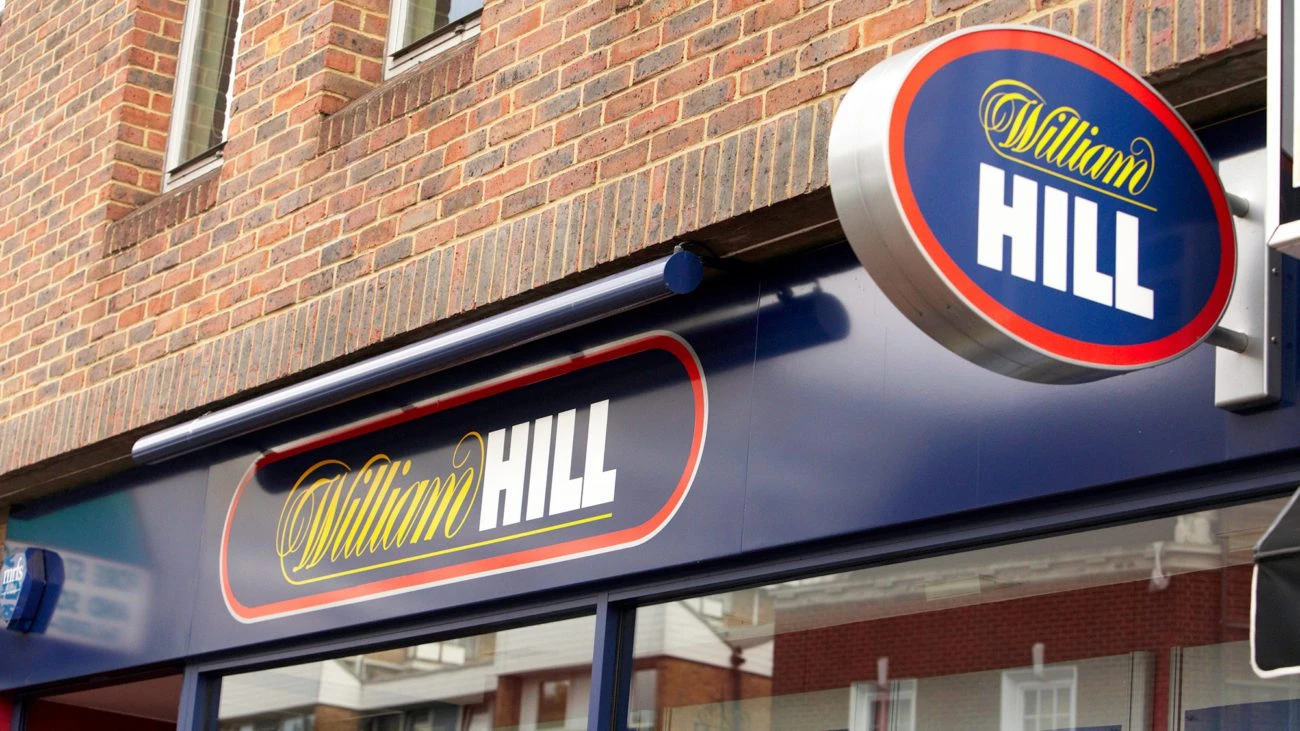FOBT changes and US expansion costs hit William Hill profit in first half

William Hill has cited a reduction in the maximum stake on fixed-odds betting terminals (FOBTs) in the UK and costs associated with its expansion efforts in the US as the primary reasons behind a year-on-year dip in adjusted operating profit for the first half.
Net revenue for the six months through to July 2, 2019 amounted to £811.7m (€880.2m/$985.0m), up 1% on £802.9m in the first 26 weeks of last year, as the bookmaker felt the benefit of its acquisition of MRG, which operates the Mr Green brand.
Retail remains the main source of income for William Hill, accounting for 48% of overall revenue, despite revenue from this part of the business slipping 12% year-on-year to £391.5m.
The bookmaker put this down to the introduction of new rules on FOBTs on April 1, whereby consumers can now only stake up to £2 per spin, compared to previous maximum of £100. William Hill has already taken action to combat this change, last month setting out plans to close 700 of its shops across the UK.
William Hill’s online business closed the gap on retail by posting £367.3m in net revenue for the first half, up 14% on last year and accounting for 45% of total group revenue for the period.
Online sportsbook net revenue slipped 7% to £152.4m, but gaming revenue climbed 37% to £214.9m. The bookmaker also saw UK online revenue drop 1% to £244.9m, but was boosted by a stronger performance by its international business, with revenue jumping 66% to £122.4m.
In the US, revenue from existing operations in Nevada was up 4% to £38.5m, while William Hill’s expanded business in the US saw revenue rocket from just £900,000 to £14.5m, as the bookmaker successfully launched in a number of other states. William Hill US, which is now active in eight states, was responsible for 7% of all revenue in the first half.
Cost of sales remained relatively level at $197.2m for the period, but William Hill did note that adjusted operating expenses increase from £495.4m to £547.9m as it continued with its expansion efforts in the US.
Although the bookmaker was able to report a gross profit of £614.5m in H1, up from £606.3m in the same period last year, the cut in FOBT stakes and spending on US expansion pushed adjusted profit before interest and tax down 33% from £113.6m to £76.2m.
Adjusted profit before tax also fell 33% year-on-year from £96.3m to £50.8m, while adjusted profit for the period from continuing operations slipped from £78.1m to £47.0m. Adjusted profit for the first half was down from £82.6m to £47.0m.
Reflecting on the results, chief executive Philip Bowcock praised the bookmaker for delivering strong revenue growth in the US and other international markets and added that it is making good progress on the five-year strategy it outlined last year.
“We continue to expand rapidly in the US, both in Nevada and in the new states, with over $1bn wagered with us in the first half,” Bowcock said. “We are now live in eight states and will expand into at least two more states in H2.
“Online international revenues have grown strongly, up 66%, with the acquisition of Mr Green. We are becoming more diversified with non-UK markets now contributing a third of online revenues, up from just 24% last year.
“In retail we took the tough decision to announce a consultation process over the proposed closure of around 700 shops to protect the long-term future of the business following the introduction of the £2 stake limit.”
Bowcock also noted William Hill’s ongoing commitment to responsible gambling, saying it retains a long-term ambition to ensure nobody is harmed by gambling.
“The voluntary whistle-to-whistle ban has begun and we have, together with other leading operators, committed to a significant increase in funding for safer gambling measures, including for treatment,” he said.
“We continue to work on additional measures to protect our customers and lead the regulatory agenda.”
